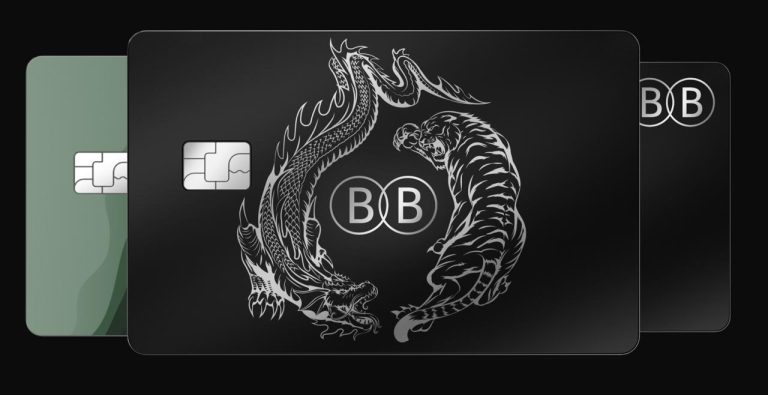
For most people, retirement is about kicking back and spending those golden years with their families. Be it financial or otherwise, planning of any sort post-retirement life can be a daunting task.
Life Insurance Retirement Policies (LIRP) is, by far, the most reliable and safe way to enjoy financial independence after retirement. For most working-class people, term life insurance proves to be of much more value compared to other options like cash value insurance.
Although cash value insurance policies offer more investment and growth options, they are only feasible if your assets accumulate to more than $11.7 million in net worth. For almost everyone else, a simple term life policy would suffice along with investment options like 401K and IRA.
Source:What Happens to Life Insurance When You Retire by The Insurance Pro Blog
Buying Term Life Insurance
The main objective behind buying term life insurance is to cover long-term goals like outstanding debts, the mortgage on the house, and other financial obligations like funding your children’s college or business.
Term life insurance policies, also called “pure life insurance,” are the most affordable out of all the available options. They offer guaranteed death benefit payout usually in specified terms like 30, 20, or 10-years. These policies however do not have a cash value benefit attached to them.
Post expiration of the policy, the policyholder can either renew it or choose to terminate the policy depending on their coverage needs. The most notable thing about term life policies is that they offer one of the most inexpensive annual premium plans.
Many factors are taken into consideration by the insurer when deciding the price of your insurance policy, like your age, health condition, disability, and source of income. For instance, a male — aged 30 with no prior health complications — can easily get a term life policy with an entitled death benefit of $1 million, for $1100 or so annually.
On the other hand, if the same person were to take out a Whole Life or Universal Life policy, it may end up costing them $13,000 or more in annual premiums for the same death benefit.
A Source for Emergency Funds
The undeniable truth about financial hardships is that they are very hard to predict and curb when you have multiple people dependent on your income. A general rule of thumb is to set aside savings worth six to nine months of living expenses as an emergency fund.
Some permanent life insurance policies offer cash value benefits in addition to death benefit payout. This can be a credible way to save up enough funds for emergency situations like loss of income due to death or disability.
Source:How to Deal with Financial Emergencies by The Balance
Factoring Disability Into Your Insurance Policy
Disability insurance policies are designed to cover loss of income in the event of a person not being able to work due to disability. Most people are insured by their respective employers which will cover disability benefits as well. Social Security Disability Insurance (SSDI), is another way to qualify for disability benefits; however, their registration process can be incredibly challenging.
Even after stacking up benefits from SSDI and employer’s insurance, it might not be enough to adequately cover your financial needs. In such a case, a private insurance policy might do the trick for you.
If you are in the market for disability insurance, it is best to look for a policy that will give you guaranteed renewal options and won’t change the premium amount over time.
Invest to Grow
If you have any surplus left after buying a term life policy and setting some money aside for emergency funds, investing the rest in a tax-advantaged account would be your best bet.
Assuming you meet the income and other requirements for a 401k or a traditional IRA, with consistent and safe investment opportunities you can make a bank by the time you retire. It is worth noting that you will become eligible to withdraw from a retirement account post the age of 59.5 years only.
The bottom line is that not everyone is going to qualify for a cash value insurance policy or other expensive options in the market. Term-life insurance along with investment options is potentially the best way to safeguard your own future and that of your family as well.
If you are interested in learning more about these policies, please contact us today. We can help you better understand if these policies may be right for you.






